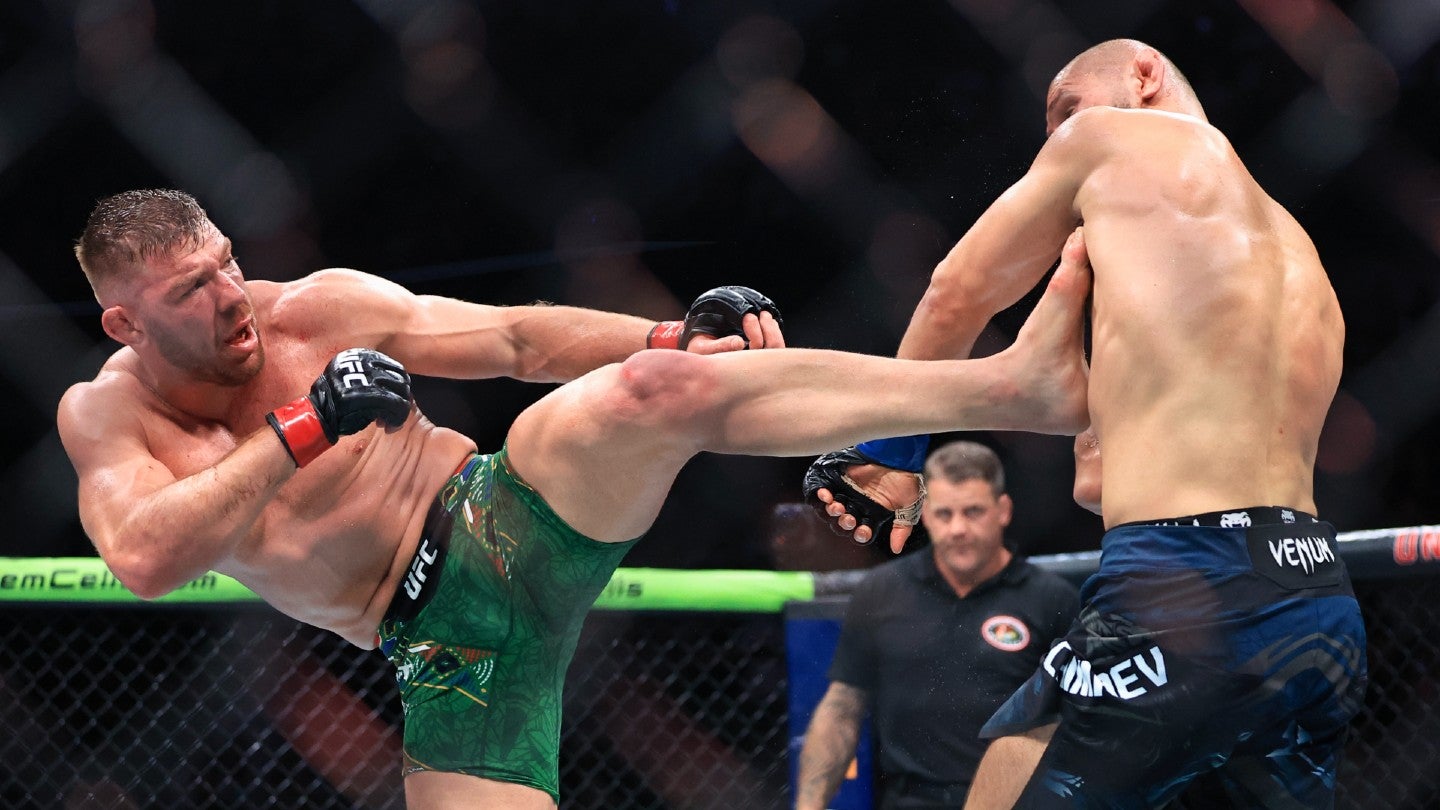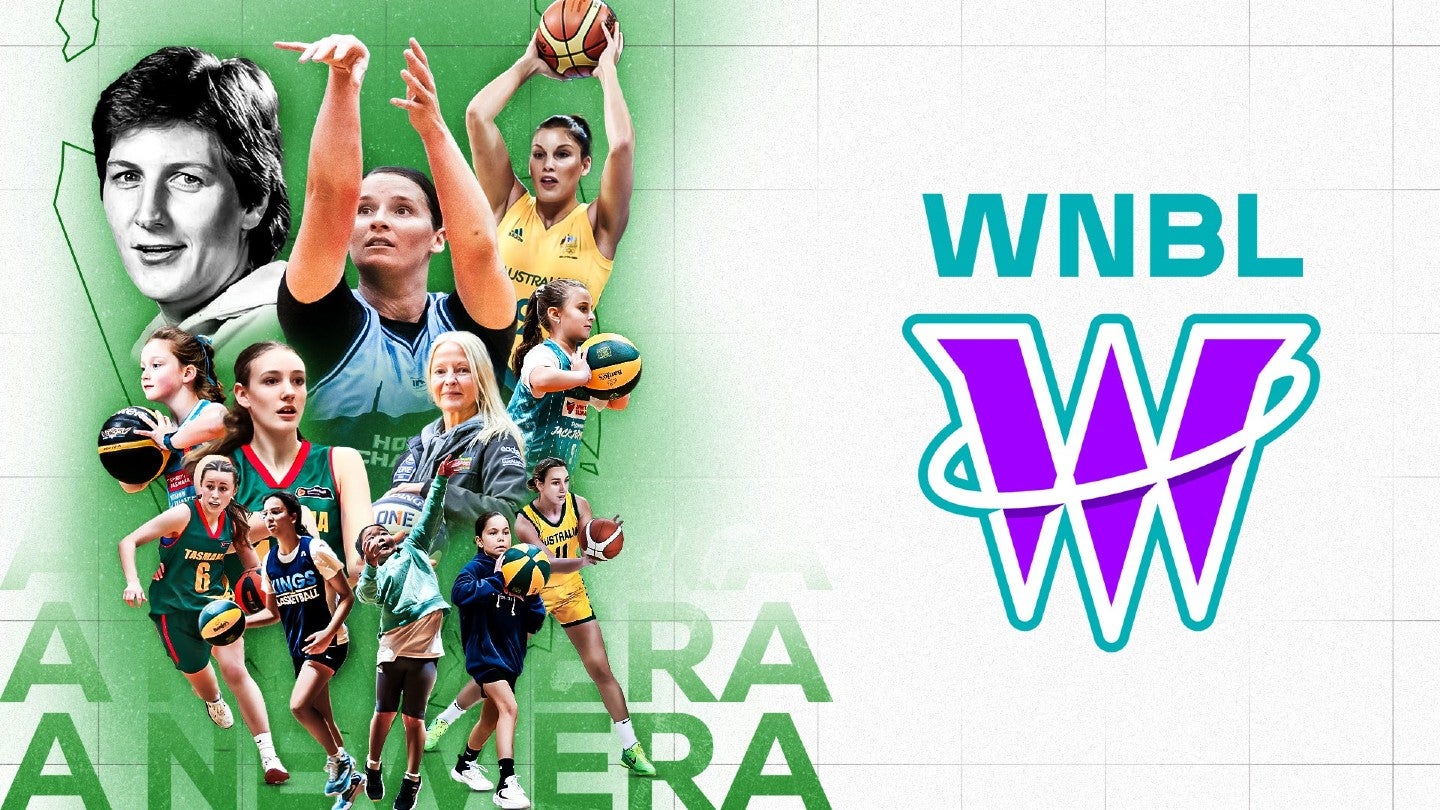What happened?
On August 11, US media giant Paramount, fresh from its recent merger with movie production business Skydance, acquired the domestic rights to Ultimate Fighting Championship (UFC), the world’s most prominent mixed martial arts promotion.
The blockbuster $7.7 billion agreement signalled many changes for the industry. It illustrated UFC’s appeal as a TV product, its power as a political bargaining chip (reports suggest the exorbitant rights fee was used to curry favor with President Donald Trump to help secure merger approval), and Paramount’s intentions as a sports broadcast player going forward.
A less heralded signal, one with a significant impact nonetheless, is the quiet end of UFC’s pay-per-view (PPV) business. Moving forward, all of the promotion’s top-line events will be available on the Paramount+ OTT service to customers at no extra cost.
With wrestling promotion WWE, which shares a parent company with UFC in the form of the TKO Group, also doing away with the PPV concept, has Paramount’s acquisition of UFC rights ended one of sports’ longest-running media revenue generation tactics?
The wider picture
The advent of PPV occurred in the 1940s under the moniker of “closed-circuit television,” before evolving into pay-per-view as we know it in the 1960s and 1970s, driven by the star power of boxing icons like Muhammad Ali and Sugar Ray Leonard.
This would continue as the norm for the world’s biggest combat sports bouts through the 2000s and 2010s, with major names like Chuck Lidell and Randy Couture paving the way for stars like Conor McGregor, the promotion’s undisputed king for headline PPV buys. Despite his checkered history outside of the octagon, McGregor has headlined eight PPVs that grossed over 1 million buys, all within the past 15 years. Nobody else in UFC history has more than four.
Combat sports’ biggest bouts, aided by cards across boxing, MMA, and professional wrestling, shaped the rise of the PPV concept platform, which for the UFC peaked in 2018 when McGregor’s title bout against Khabib Nurmagomedov notched 2.4 million PPV buys.
Now, only seven years later, PPVs will be gone entirely, and the UFC’s newest domestic rightsholder has undoubtedly played a part in that.
On the rise of streaming services and the inverse relationship it has had with the PPV market, GlobalData associate analyst for media, Jemma Preston, commented: “The traditional PPV model for sporting events is facing significant challenges as consumer preferences shift towards all-inclusive streaming services.
"Younger audiences in particular are gravitating towards subscription-based models that offer comprehensive access to content without the burden of episodic payments. GlobalData's Opportunities in Media Survey finds that over 50% of Gen Zs and Millennials spend more than six hours a week watching TV and film content on streaming platforms.
“Priced at $80, the high cost of UFC PPV events on ESPN+ has led to a notable decline in purchases. Paramount+ provides a more appealing alternative, enhancing accessibility by offering subscribers access to all 13 numbered events and 30 Fight Nights for a mere $7.99 a month, alongside the streamer's extensive catalogue of TV series and films.”
“61% of sports fans already subscribe to a streaming platform or pay-TV service to gain access to exclusive sports content, according to GlobalData’s Sport Fan Engagement Survey, and this proportion is likely to increase as platforms continue to compete for sports rights. If streamers see a good return on their big investments, this evolving landscape will challenge the popularity of the PPV model, which can only be successful through compelling packages and price points.”
A knock-on effect of the deal is the boon it could have for UFC’s own fan-growth goals, Preston added, continuing: “With over 79 million viewers currently subscribed to Paramount+, this move will increase exposure for the sport itself, helping to foster a larger and more diverse fanbase.”
Preston also explains how the Paramount move can also help the UFC in its continued fight against piracy, suggesting that the vulnerabilities of the PPV model have become increasingly apparent in recent years.
“Mark Shapiro, president and chief operating officer of TKO Group Holdings, UFC's parent company, has highlighted a significant rise in pirated streaming of UFC events, a trend exacerbated by the high costs associated with PPV. Recent technical failures on ESPN+ have further underscored the fragility of the PPV system, leading to frustration among fans and a drop in event buys.
“A subscription model offers a more stable and predictable revenue stream, meaning organisations such as the UFC do not have to worry about the sales performance of individual events.”
What’s next?
When speaking at a panel attended by Sportcal in 2024, Shapiro said that UFC’s previous partnership with ESPN helped transform the sport from a “niche” into the mainstream. Going forward, UFC is doing as many other mainstream sports continue to do in its shift to OTT coverage via Paramount.
For Paramount’s part, it is also showing that, despite the change in ownership, it still envisions sport as the cornerstone of its subscriber growth strategy.
“The shift towards streaming aligns with broader industry trends as major platforms like Netflix and Amazon Prime Video are consolidating sports content into subscription bundles,” Preston elaborates.
“Combat sports have proven to be a significant draw for streaming services, especially Netflix: the Jake Paul vs. Mike Tyson boxing event in November last year became the most-streamed sporting event in history, while WWE RAW has ranked in the streamer's global top 10 list every week since its launch in January.
“Paramount is likely aiming to replicate this success on its own streaming platform, and this recent deal, valued at approximately $1.1 billion per year, positions Paramount+ closer to its global streaming rivals and underlines a trend which has only been accelerating in the last year.”
There will nonetheless be hurdles that Paramount will need to navigate, Preston says, if it is to carve out its space in a crowded market where top-tier rights are hot property.
“As live sports increasingly become a cornerstone of content strategies for streaming platforms, these events are serving as a retention tool. However, the fragmentation of viewership, with events moving away from sports-focused platforms, may lead to subscription fatigue as fans find themselves needing multiple subscriptions to access their favourite events.”















